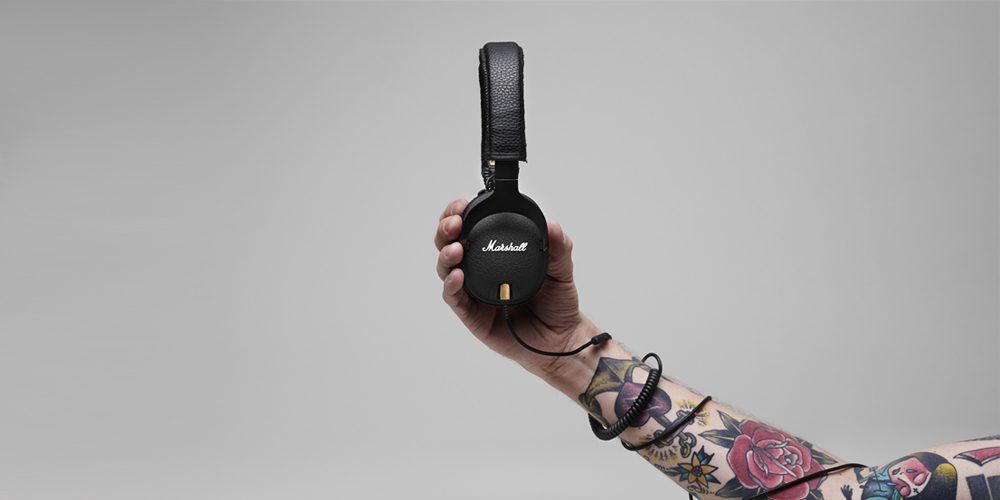Listening to Stories
In 2012, John Colapinto wrote an article for the New Yorker entitled, “The Pleasures of Being Read To,” in which he countered literary critic Harold Bloom’s claim that in order to fully appreciate a book, “you need to have the text in front of you”. Colapinto argued that audiobooks are brilliant mediums in satisfying the most common and visceral desire we have when we pick up a book in the first place—to know what happens next. Though I agree with Bloom that phrase parsing, close reading, and other methods of stylistic analysis are best done with a feverishly clicking pen in hand, Colapinto’s point is tough to discredit. Listening to audiobooks was the first time I approached anything resembling a love of books.
My first contact with audiobooks came during incredibly long and otherwise tedious car journeys. I hadn’t “discovered” music yet, so picking out cases from the library before our seven-hour journeys from Charlotte to D.C became a ritual. For the most part, it was a steady diet of murder mysteries and crime thrillers (Agatha Christie, Michael Crichton, etc.). Since all the novels we listened to had steadily progressing and unfolding narratives, ten year-old me always found those trips oddly rewarding.
Eventually, I became obsessed with audiobooks and the easiness of them. Rummaging through my garage, I found an old cassette player and hauled it up to my room. I mainly listened to books I’d read because I knew I could rely on them to bring the goods. I became attuned to the different voices a reader would use for different characters and how this colored my perceptions of them. The readers were hit-or-miss, but sometimes I’d encounter the odd one who really knew the book and nailed the expressions—it stunned me.
I used audiobooks as soporifics too, playing them right before I went to bed so that I’d fall asleep in the middle to an even buzz. This led to a few very heated exchanges with my dad, who’d burst into my room (just as I was falling asleep) yelling that I was keeping everyone in the house up and that some people had to go to work in the morning. He bought me a pair of headphones for my birthday that year.
After a while, I stopped listening to them as frequently. The cassette player began gathering dust again. I started reading physical books.
I think the reason audiobooks appealed to me so much when I was younger is that, as Colapinto says, they satiated my desire for narrative closure in the most climactic way. It was different, more enjoyable, than just reading a book because someone was reifying my experience of the characters and the plot. Of course film adaptations of novels do the same thing, but they didn’t compel me as much. There was a lot more at stake listening because I was actively piecing the movie together.
Listening to audiobooks exposed me to the joys fiction can provide and showed me how much I stood to gain from writing myself.
Manu Amin is a junior in Columbia College studying English and Economics. He is a member of the Columbia Review editorial board.
